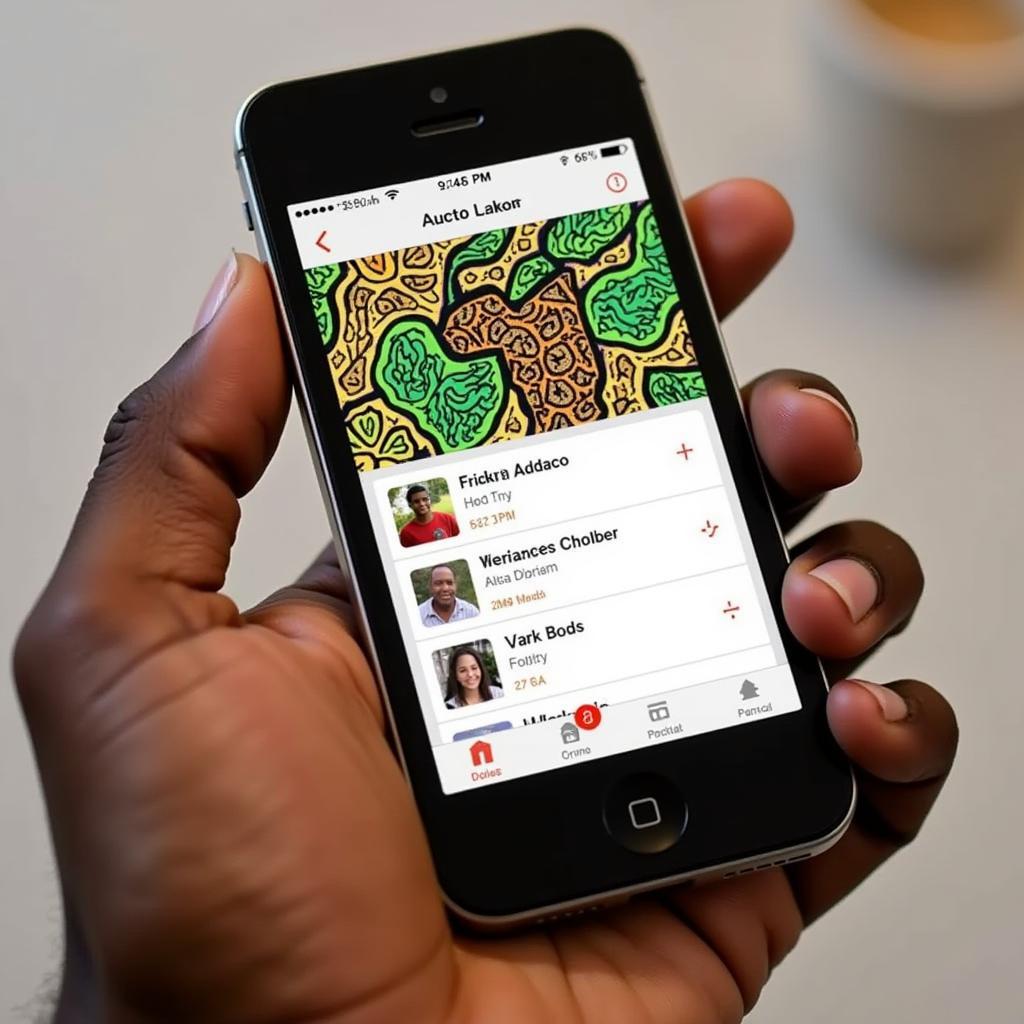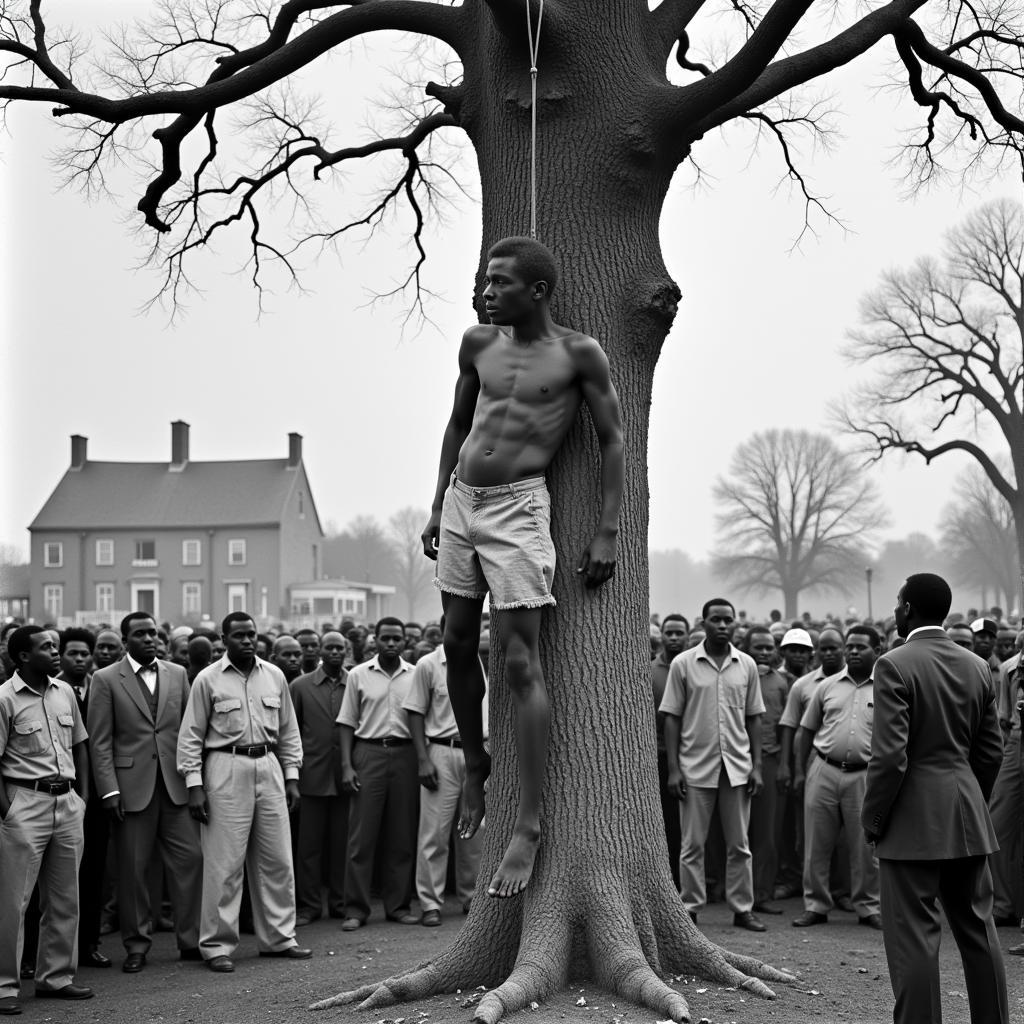African Goddess of River: Exploring the Deities of Water
African goddesses of the river hold a significant place in various cultures across the continent. These deities, often seen as protectors, providers, and sometimes destroyers, are deeply intertwined with the lives and beliefs of the people who live along Africa’s vast waterways. Their stories, passed down through generations, offer a glimpse into the rich tapestry of African mythology and the profound respect for the natural world.
From the nurturing waters of the Nile to the powerful currents of the Congo, rivers are vital lifelines in Africa. They provide sustenance, transportation, and serve as a source of spiritual connection. It’s no surprise then that many African communities have developed complex mythologies around these essential waterways, often personifying them as powerful goddesses. These narratives reveal a deep understanding of the power and importance of rivers in shaping African life. You can learn more about African mythology and beliefs surrounding deities in african belief in god.
The Diverse Faces of the River Goddess
African river goddesses are not monolithic figures. They embody different characteristics and roles, reflecting the diversity of the continent’s cultures and the specific relationships communities have with their rivers. Some are benevolent, providing fertile lands and abundant harvests. Others are fierce, demanding respect and punishing those who disrespect the sacred waters. Their stories often serve as moral guides, teaching valuable lessons about the importance of balance, respect for nature, and the consequences of human actions. For more on African mythology, you can explore resources on african lady scenery mythology.
Yemoja: The Yoruba Mother of Waters
Perhaps one of the most well-known African river goddesses is Yemoja, revered by the Yoruba people of Nigeria and other parts of West Africa. She is considered the mother of all Orishas (deities) and is associated with fertility, motherhood, and the ocean. Although primarily linked to the sea, her influence extends to rivers and other bodies of water, highlighting the interconnectedness of life. Her devotees often offer gifts to the river, seeking her blessings for children, prosperity, and emotional healing.
Beyond the Myths: Rivers in African Life
The reverence for river goddesses is not just a matter of ancient stories. It reflects a deep-seated understanding of the vital role rivers play in sustaining life and shaping communities. Rivers are not merely geographical features; they are integral to cultural identity, spiritual beliefs, and daily life. From fishing and agriculture to trade and transportation, rivers have shaped the course of African history and continue to be a source of both sustenance and spiritual significance.
The Nile: A River of Life and Death
The Nile, the longest river in Africa, is a prime example of the profound impact rivers have on human civilizations. The ancient Egyptians depended on the Nile’s annual floods to irrigate their crops and sustain their society. They developed a complex mythology around the river, including deities like Hapi, the god of the Nile’s inundation, further demonstrating the river’s central role in their worldview.
Protecting the Sacred Waters
The stories of African river goddesses also carry an important message for the present day: the need to protect and respect our waterways. As rivers face increasing threats from pollution, climate change, and over-exploitation, the wisdom embedded in these ancient narratives becomes even more relevant. By understanding the cultural and spiritual significance of rivers, we can foster a deeper sense of responsibility towards their preservation. Explore more on African symbols and their significance at african egyptian symbols.
How can we learn from the past to protect our rivers for the future?
By recognizing the deep connection between culture, spirituality, and the environment, as exemplified in the stories of African river goddesses, we can develop more sustainable and respectful approaches to water management. This involves not only implementing practical solutions but also fostering a shift in mindset that recognizes the inherent value and sacredness of our rivers.
Conclusion: The Enduring Legacy of African River Goddesses
The African goddess of the river continues to resonate in contemporary African Life. These powerful figures, embedded in the cultural memory of diverse communities, remind us of the profound importance of water and the need to protect this precious resource. By understanding their stories, we can gain a deeper appreciation for the intricate relationship between humans and the natural world and learn valuable lessons about how to live in harmony with our environment. Learn more about names inspired by African goddesses at african goddess baby names.
FAQ
-
Who is Yemoja? Yemoja is a prominent Yoruba river goddess associated with water, motherhood, and fertility.
-
Why are rivers important in African cultures? Rivers are vital for sustenance, transportation, and spiritual connection in many African communities.
-
What is the significance of the Nile River? The Nile has been crucial for the development of civilizations, particularly in ancient Egypt, shaping their agriculture, beliefs, and way of life.
-
What lessons can we learn from river goddesses? The stories of river goddesses highlight the importance of respecting and protecting our waterways for future generations.
-
Are there other African water deities besides Yemoja? Yes, there are numerous other water deities across different African cultures, each with unique characteristics and roles.
-
How are river goddesses depicted in African art? River goddesses are often represented in sculptures, masks, and other art forms, reflecting their cultural and spiritual significance.
-
What is the connection between river goddesses and environmental conservation? The reverence for river goddesses can inspire us to protect our waterways from pollution and over-exploitation.
More to Explore
- Read more about unusual aquatic life in african block head fish.
Need Help?
When you need support, please contact us:
- Phone: +255768904061
- Email: [email protected]
- Address: Mbarali DC Mawindi, Kangaga, Tanzania
We have a 24/7 customer service team.


